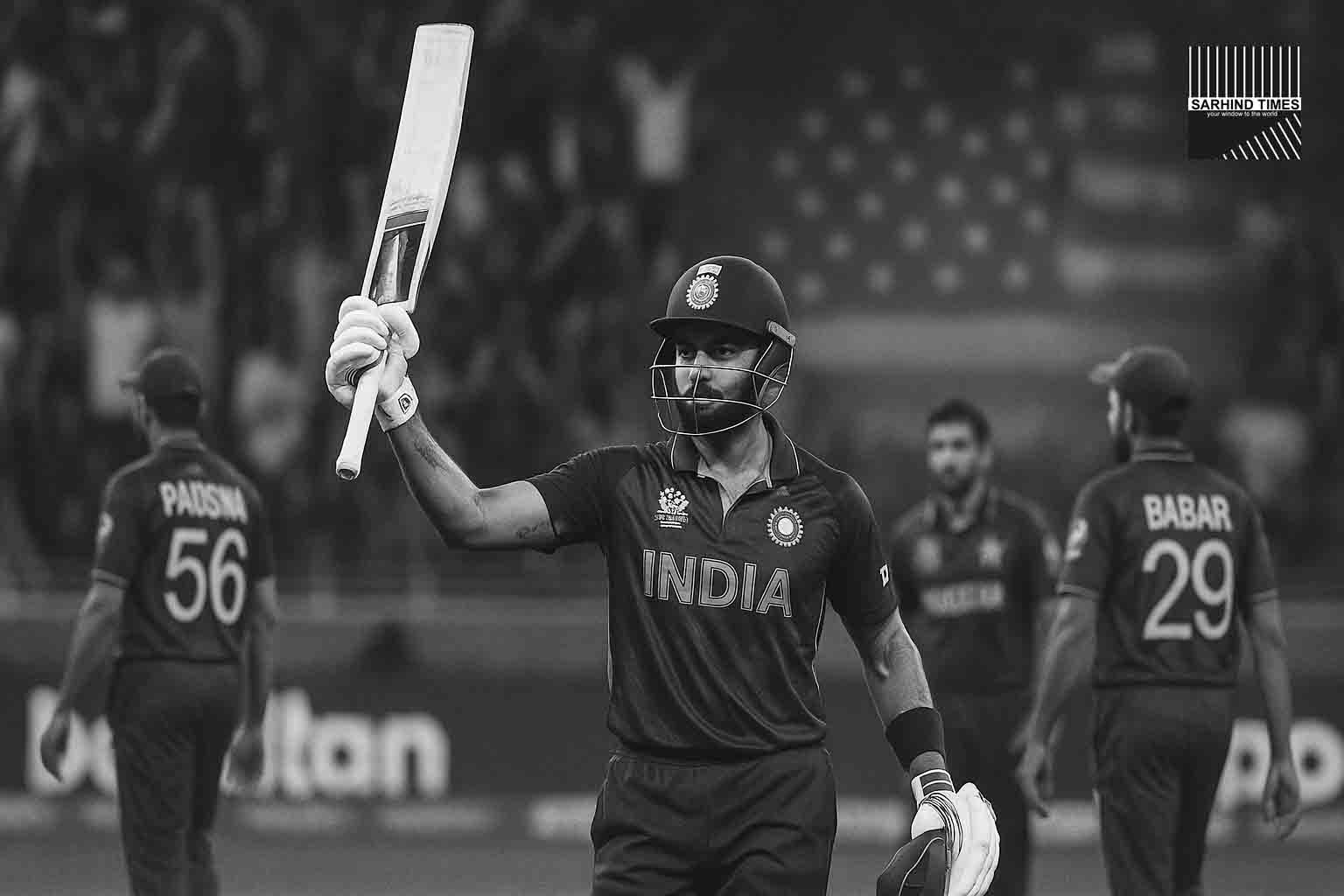Few sporting contests capture the imagination of millions quite like an India–Pakistan cricket match. More than just a game, it often becomes a theatre of history, politics, and raw emotion. On Sunday night in Dubai, this spectacle came alive once again as India crushed Pakistan by seven wickets in a Group A clash of the Asia Cup 2025.
The match carried both cricketing drama and political undertones, being the first time the two sides faced each other since a tense four-day military clash along the border in May. Calls for boycotts were ignored, and instead, the game turned into a stage for India to assert dominance both on the scoreboard and in symbolic morale.
The Match Summary
Pakistan, batting first, could muster only 127/9 in their allotted overs. India’s spin attack was clinical, exploiting the slow Dubai pitch and choking the Pakistani middle order. Every wicket tilted the momentum further in India’s favour, leaving Pakistan’s famed batting lineup looking fragile.
Chasing 128, India approached the target with calm confidence. Openers Abhishek Sharma and Tilak Varma contributed 31 runs each, laying a solid foundation. The finishing touches came from captain Suryakumar Yadav, who remained unbeaten on 47 runs, sealing the victory with a majestic six with more than four overs to spare.
A Tribute to the Armed Forces
After the match, Captain Suryakumar Yadav dedicated the win to the Indian armed forces, saying:
“This victory is more than just cricket. It’s our tribute to the soldiers who defend our borders. Today we played with their spirit.”
His words resonated with fans and commentators alike, highlighting how cricket often becomes intertwined with national pride and sentiment during India–Pakistan encounters.
Statistical Highlights
- Pakistan’s Innings: Restricted to 127/9. Top scorer struggled to cross 30.
- India’s Bowling: Spinners combined for 6 wickets, with an economy rate under 5.5.
- India’s Batting: Abhishek Sharma (31), Tilak Varma (31), and Suryakumar Yadav (47*).
- Result: India won by 7 wickets with 25 balls remaining.
Political Backdrop
The significance of this match was amplified by recent geopolitical events. Just months earlier, India and Pakistan were embroiled in a four-day border clash, intensifying calls from some quarters to cancel bilateral sporting engagements.
The Board of Control for Cricket in India (BCCI), however, stood firm in its decision to play the Asia Cup fixtures, framing it as a commitment to the global cricket calendar rather than a political statement.
For many, the victory was more than points on the table—it was an assertion of resilience amid political tension.
Fan Reactions
Across India, fans poured into streets, waving flags, lighting fireworks, and chanting slogans. Social media platforms trended with hashtags like #IndiaVsPakistan and #AsiaCup within minutes of the final six.
- Cricket Analyst Harsha Bhogle tweeted:
“Clinical performance from India. Spin strangled Pakistan, batting was calm. This is what dominance looks like.”
- A Delhi-based fan said:
“For us, it’s not just about cricket—it’s about pride. Today, India showed who’s boss on the field.”
Implications for the Asia Cup
With this victory, India now stands on the brink of qualifying for the Super Fours stage, having secured two successive wins in Group A. Pakistan, meanwhile, faces a steeper road ahead, needing victories against other group rivals to stay in contention.
Analysts suggest India’s form, especially under Suryakumar’s captaincy, positions them as one of the strongest contenders for the Asia Cup title.
Beyond Cricket: The Symbolism
India–Pakistan matches have always carried weight beyond sport. For decades, these games have served as a release valve for emotions, where victories and defeats echo in political discourse, family debates, and national psyche.
This particular match reinforced India’s dominance not only in cricketing terms but also in shaping the narrative of resilience after conflict.
Conclusion
India’s seven-wicket triumph over Pakistan was not just a clinical cricketing performance—it was a symbolic statement. From the disciplined bowling to the composed batting, the match showcased India’s depth, unity, and hunger to dominate.
As the Asia Cup moves into its decisive stages, India looks confident and prepared. For fans, the win against Pakistan will be remembered not merely as points on a table but as a moment of collective pride in a rivalry that transcends sport.




+ There are no comments
Add yours